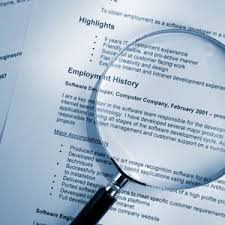In the US we often talk about an “Elevator Pitch.” It’s a brief speech, delivered within a few seconds (the usual duration of an elevator ride), and is used to describe a project, service or product. For example, when I’m asked what my children do for a living I can easily answer. My son and daughter-in-law work in finance, hedge funds and bonds respectively; my daughter is a portrait photographer. Pretty straightforward.
When answering the same question about myself, my elevator pitch “I’m a technical communicator” is usually met with a blank stare. I can follow that up with, “it’s complicated” but that really defeats the purpose of the elevator pitch. And because, the very nature of technical communication is to simplify information and make it understandable, I have now failed at my job.
So please, join me in the elevator. We’re going to take a ride for several floors.
The field of technical communication covers many aspects.
The technical communication professional provides clear communication of technical, engineering or scientific information related to products and services tailored to specific audience needs.
The audience can include end users of software or products, consumers, experts – really everyone who needs instruction on how to correctly use a product or service.
The output created by a technical communicator includes manuals, instructions, guides, procedures, training materials, e-learning, reports, web pages, embedded content, videos, infographics. In other words, everything that explains how products, services and businesses work.
Technical communication is an essential part of every product or service. It is a critical success factor for every business.
All right, this is my floor. And I now realize that technical communication isn’t as complicated as I first thought.
Before I step out of the elevator, here is my pitch: “I am a technical communicator. I provide information that explains how products, services and businesses work.”
Learn even more about technical communication at www.itcqf.org.
 While some of the distinctions were small, some were large – as wide as an ocean.
While some of the distinctions were small, some were large – as wide as an ocean.

